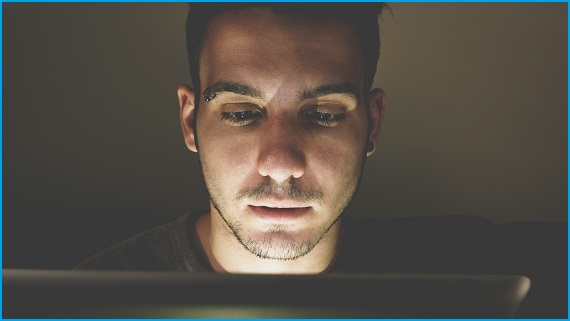An internet age verification system is one step closer to happening after a house committee recommended in favour of its implementation.
The Standing Committee on Social Policy and Legal Affairs has handed down the findings of its six-month inquiry into age verification for online gambling pornography and wants to see a system built in Australia.
While the committee noted that age verification is “not a silver bullet” for mitigating the potential harmful effects of accessing online pornography and gambling at young ages, it determined that such a system could “create a significant barrier” to logging onto adult websites.
If the committee gets its way, the Digital Transformation Agency (DTA) would play a major role in the project by expanding the scope of its Digital Identity project “to include an age-verification exchange for the purpose of third-party online age verification”.
The committee also recommended that the DTA co-develop (with the Australian Cybersecurity Centre) the “standards for online age verification for age-restricted products and services”.
This includes serious considerations around how personal identification information would be managed by government and/or third-party age-verification providers.
The eSafety Commissioner would have a role to play under the committee’s plan through the creation of a “roadmap” for a mandatory age verification regime while also reporting on gambling elements (like loot boxes) that readily exist in non-restricted video games.
Verify me
Stakeholders and concerned citizens sent in thousands of submissions to the committee during its inquiry with strong support in favour of the review and implementation of a mandatory age verification scheme.
Numerous age and identity verification companies submitted proposals for how best to build such a network – including through the use of facial recognition.
A company called Yoti suggested its Age Scan product could be used as well. Age Scan gets users to upload a selfie to an AI that estimates their age.
“With a threshold set at 25, the average false positive rate across 14 to 17 year olds is 0.31%,” Yoti said in its submittion.
“This figure continues to decline as our training data increases in size.”
And the Department of Home Affairs said it could lend a hand with age verification through its Face Verification Service – a facial recognition system that relies on a national database of images.
Other submitters warned that age verification could be circumvented in the same way government-blocked DNS addresses are: by VPN.
“In a real-world implementation of age verification, the use of a VPN would allow internet users to virtually relocate to a country without age verification and access a website as easily as they would be able to outside of Australia,” said Chern Eu Kuan in a submission from the UNSW Law Society.
Germany has been using online age verification since 2015. A major part of that system is AgeID, a third-party verification service owned by pornography company MindGeek.
MindGeek was planning on rolling out its services in the UK which intended on enacting age verification back in 2017. Then, late last year, the UK backed out of its plans to build in mandatory verification, in part because the UK government didn’t bother telling the EU – which has some of world’s the strictest data protection regulations – about its plans to verify the age of internet users.










